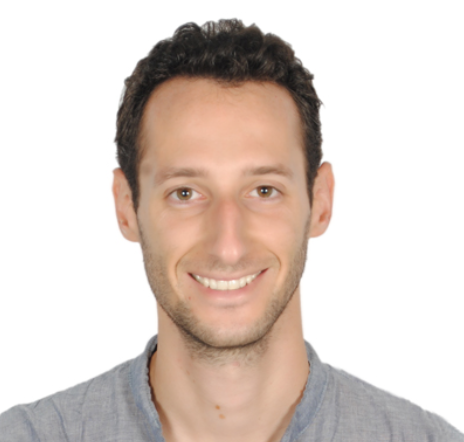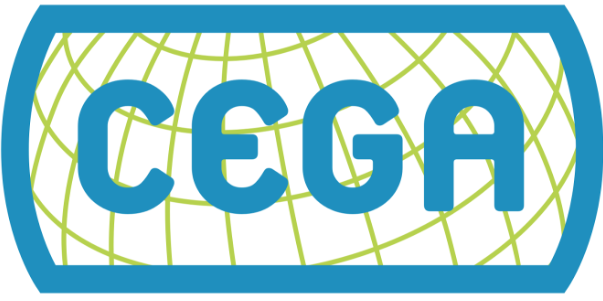Coming from the world of technology to work in international development, I had to discard some habits and practices, but kept a few with me. One of the most useful ones was the “Agile” methodology mindset. Conceived in 2001, it grew rapidly in the tech sector and now dominates software and product development. It holds powerful lessons for how to design better products and services – even those that have little to do with technology. Many of these lessons revolve around how to get better feedback from the beneficiaries – or “users” – of your program, product or service. This puts us in the mindset of designing something for the benefit of others – here’s how:
- Don’t plan – iterate. In the olden days of software, people made endless “design documents” to plan all details and then execute the plan in full. This rarely worked. Only after the software was delivered would the team discover some specifications were misunderstood or that had changed – and the product became useless. Sound familiar? The Agile movement discovered something revolutionary: people give much better feedback when actually using your product, not when it’s described to them with words or photos. By creating a Minimal Viable Product (MVP) as early as possible we can harness the power of feedback: decide what should be changed or improved with the help of users themselves.
- Fail early and often – No-one likes failing. No one wants to realize they were off course and have just wasted two weeks. But that’s still much better than being off course and wasting six months! Agile product development emphasizes not only failing early and often, but also rapid iteration. Failing often is useless unless you course-correct quickly and get on the right track. Learn from your failure and make improvements. Your product won’t start out great – but it will end up great. This also means that feedback can not be something you collect once – it is a constant effort. You launch your program, get feedback, decide what to improve or add, implement a small increment and quickly do it all again. We don’t like to think about failures – but that doesn’t mean we don’t fail, so embrace it!
- Short-circuit the feedback loop – How do you collect the best feedback? Whose feedback is most relevant? You won’t know without getting as close as you can to your real beneficiaries. Don’t rely on the person in the desk next to you. Don’t rely on experts (not even local experts). If your beneficiaries are farmers in rural Uganda, you need to launch your program (even at the MVP stage) to actual Ugandan farmers and get feedback from them. And then you need to take it a step further. What’s better than having someone summarize a survey you give the farmers? Actually talking to them. But what’s even better than talking? Observing the farmers use your product (and use the current solution). What is hard for them, but maybe difficult to articulate? What difficulties you imagined, but they don’t experience in practice? Short-circuiting the feedback loop gets you the most reliable feedback with the least amount of detail lost in translation.
A few months ago I helped design GridWatch, a smartphone app to crowd-source monitoring of power outages in developing countries. When we released our MVP in Nairobi to a handful of users, we discovered unanticipated design requirements. Showing outages on a map was not useful, but checking your electric bill was. Failing early, with real users, saved us months of useless planning. We were able to quickly iterate, add that feature, and tweak the product to the needs of our beneficiaries. “Agile” is so prevalent in the software development world, that I had to google “not agile” to find out what the alternative methodology is called. Agile development can be adopted into the development sector and help us get better services into the hands of the global poor.


Ofir is a data scientist at the Center for Effective Global Action (CEGA) where he creates data visualizations and data products for researchers, practitioners and the global poor. Based in UC Berkeley, CEGA is a network of over 70 faculty members across the West Coast of the United States who design and rigorously evaluate social programs for the world’s poor. Prior to joining CEGA, Ofir was the chief data scientist and Machine Learning expert for a Tel-Aviv based start-up.







